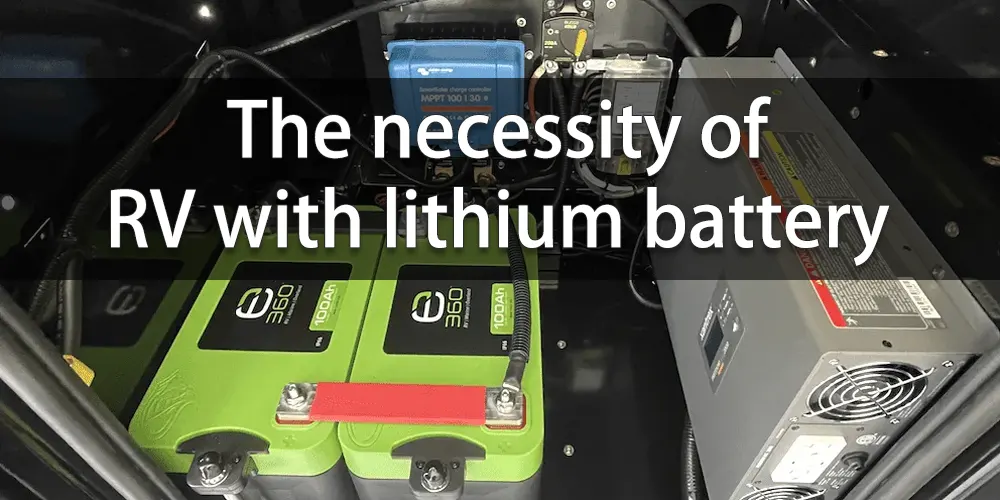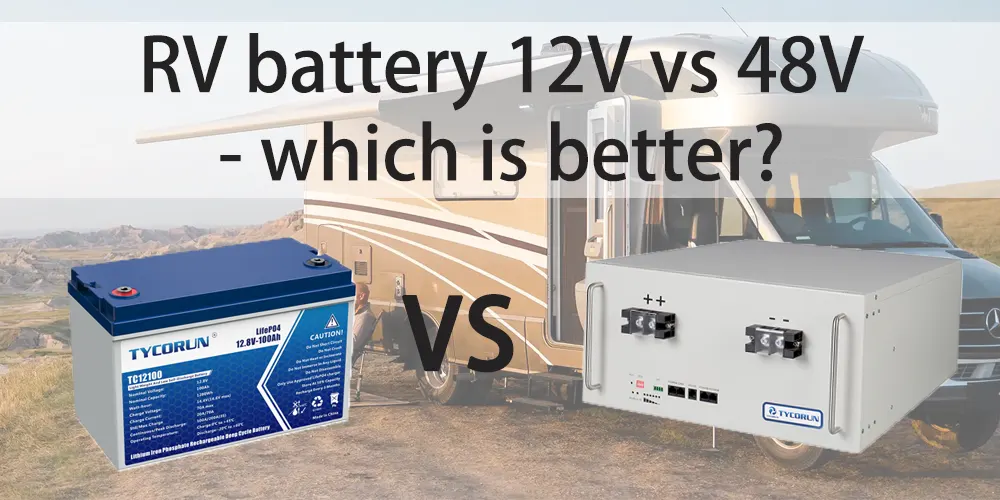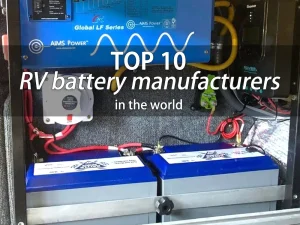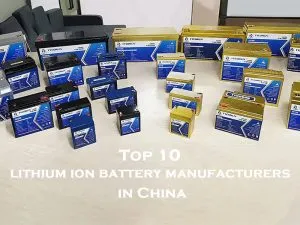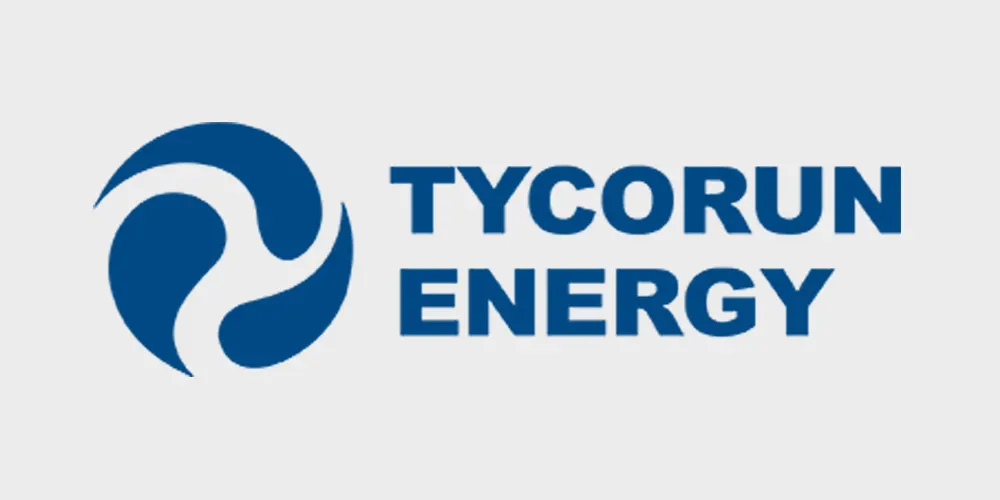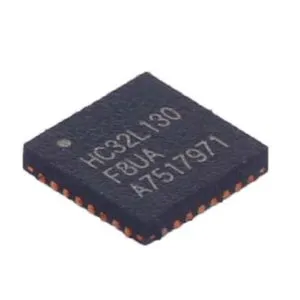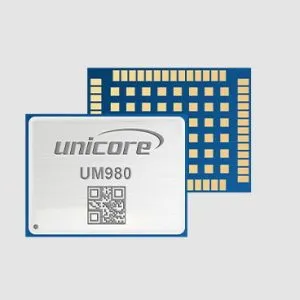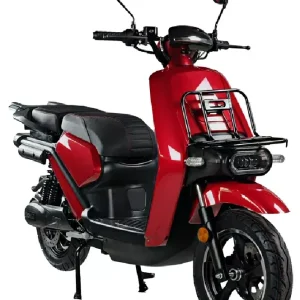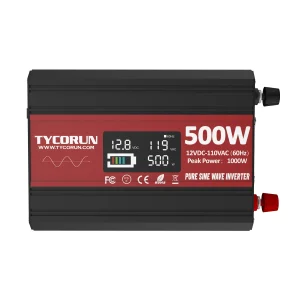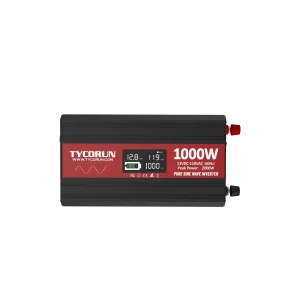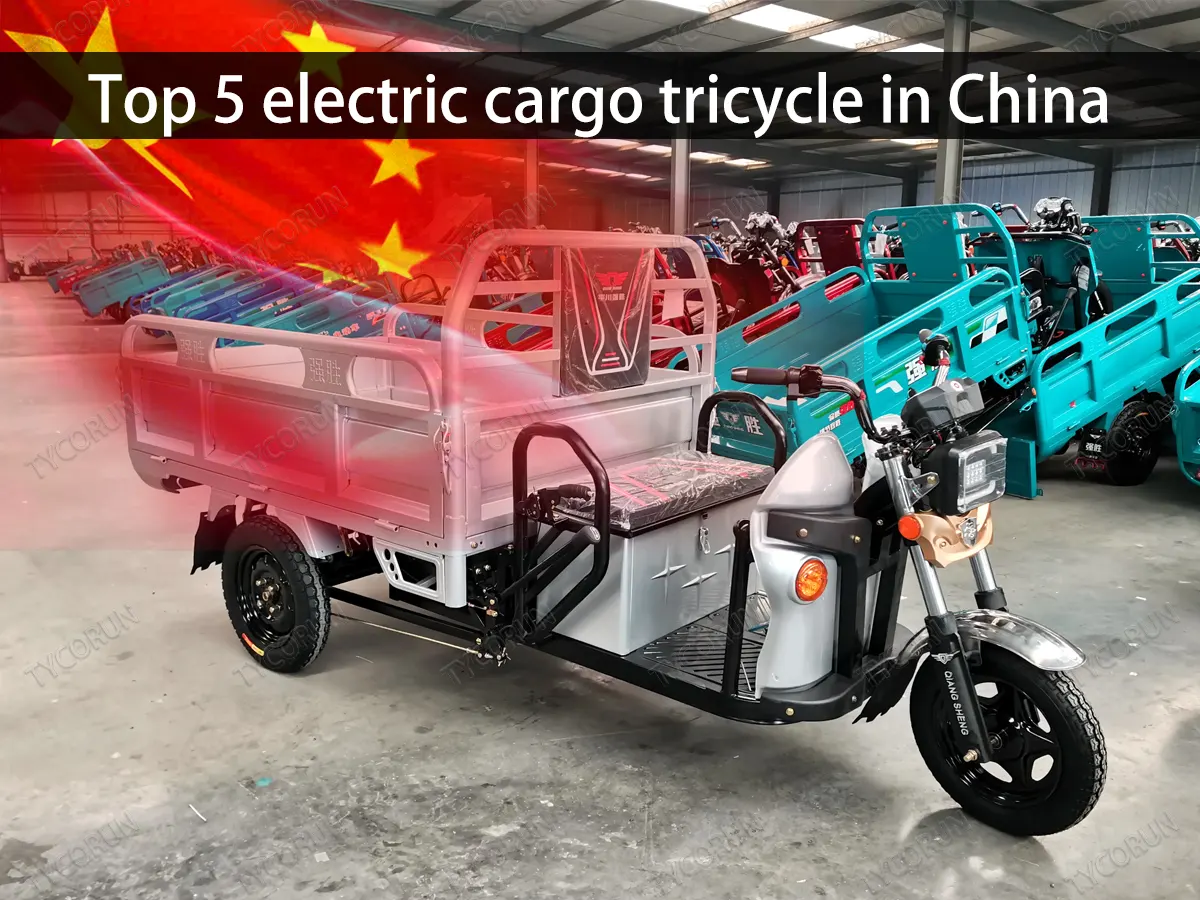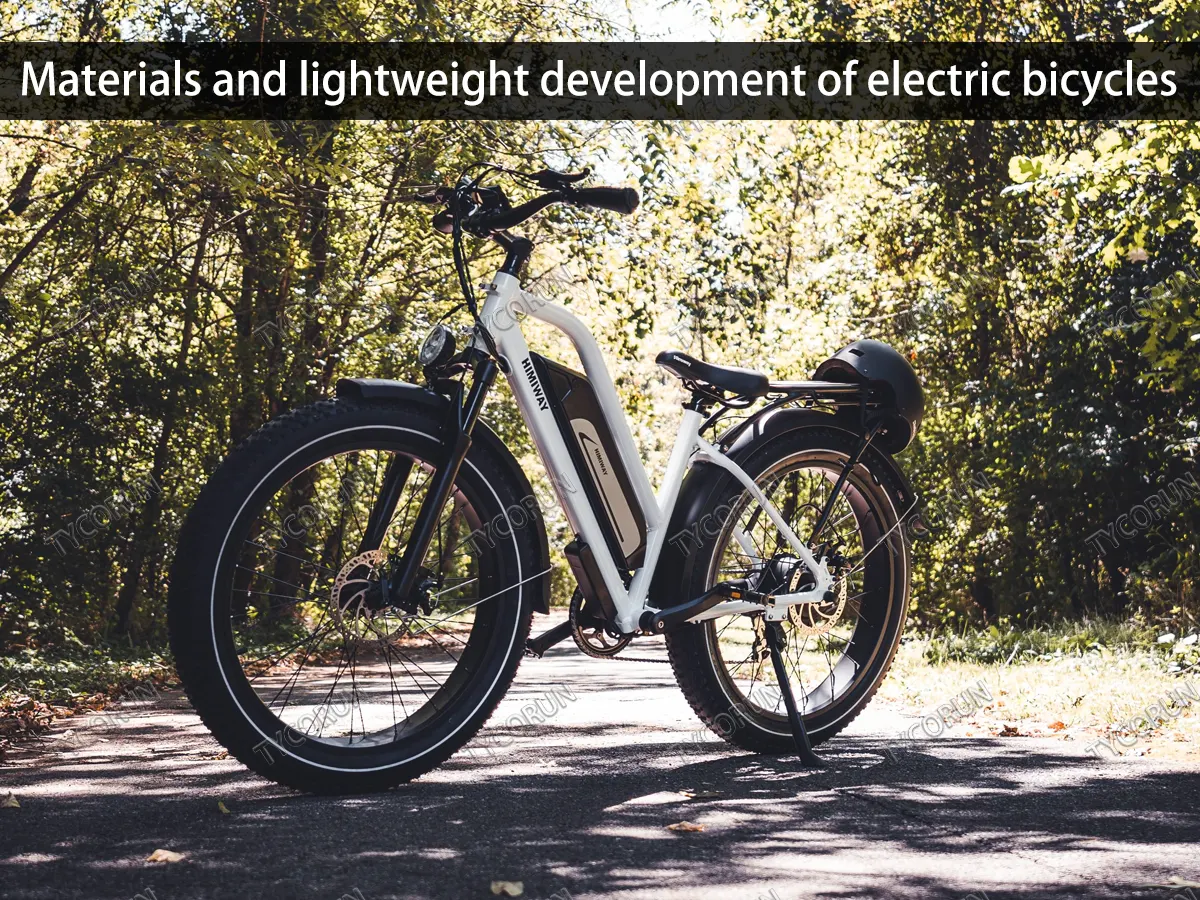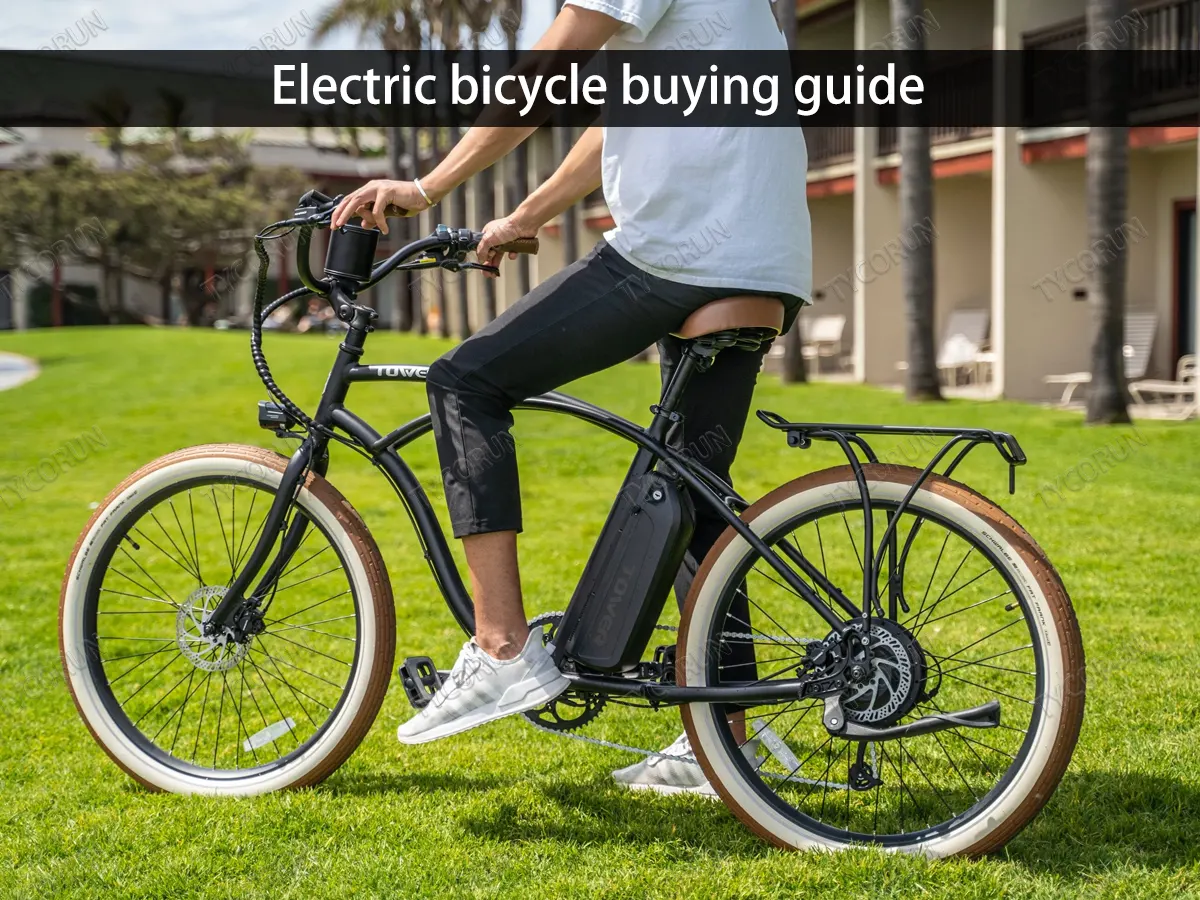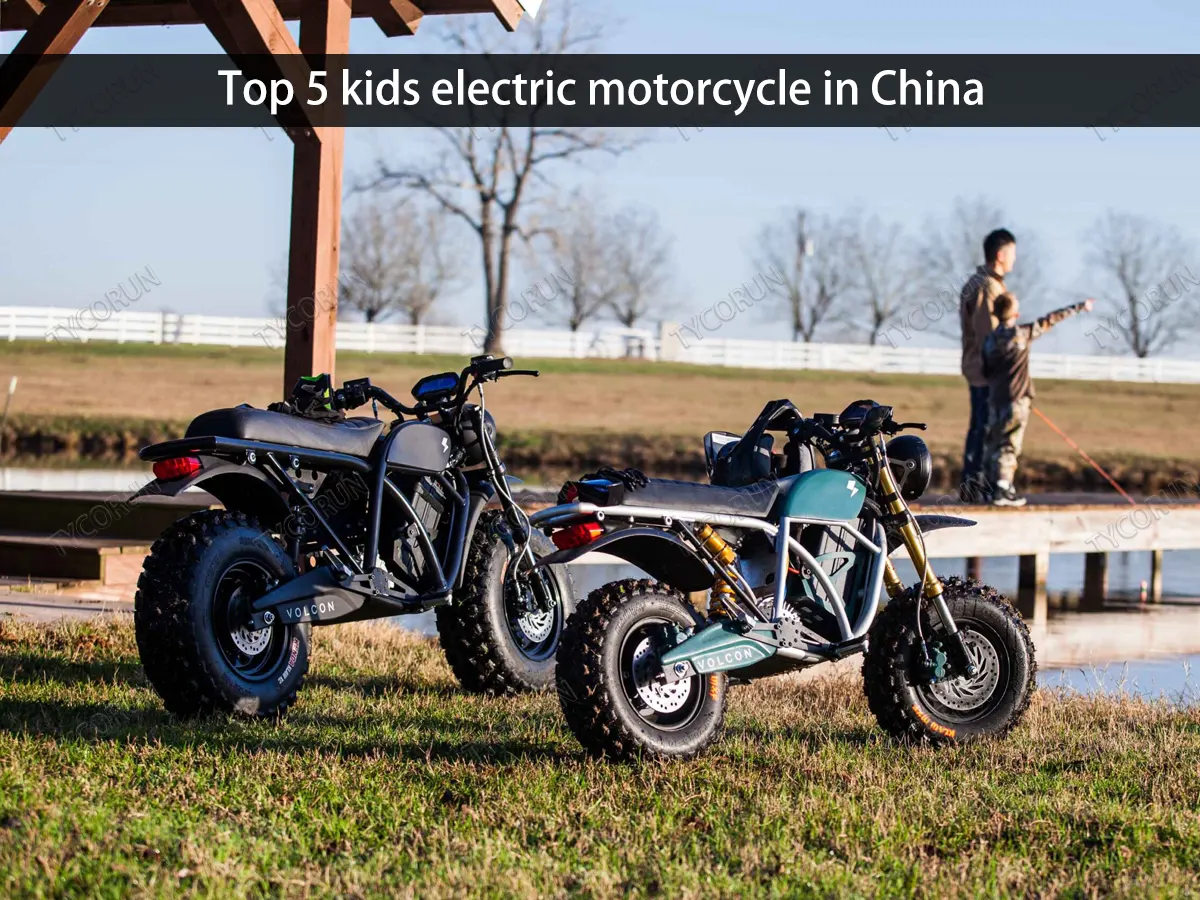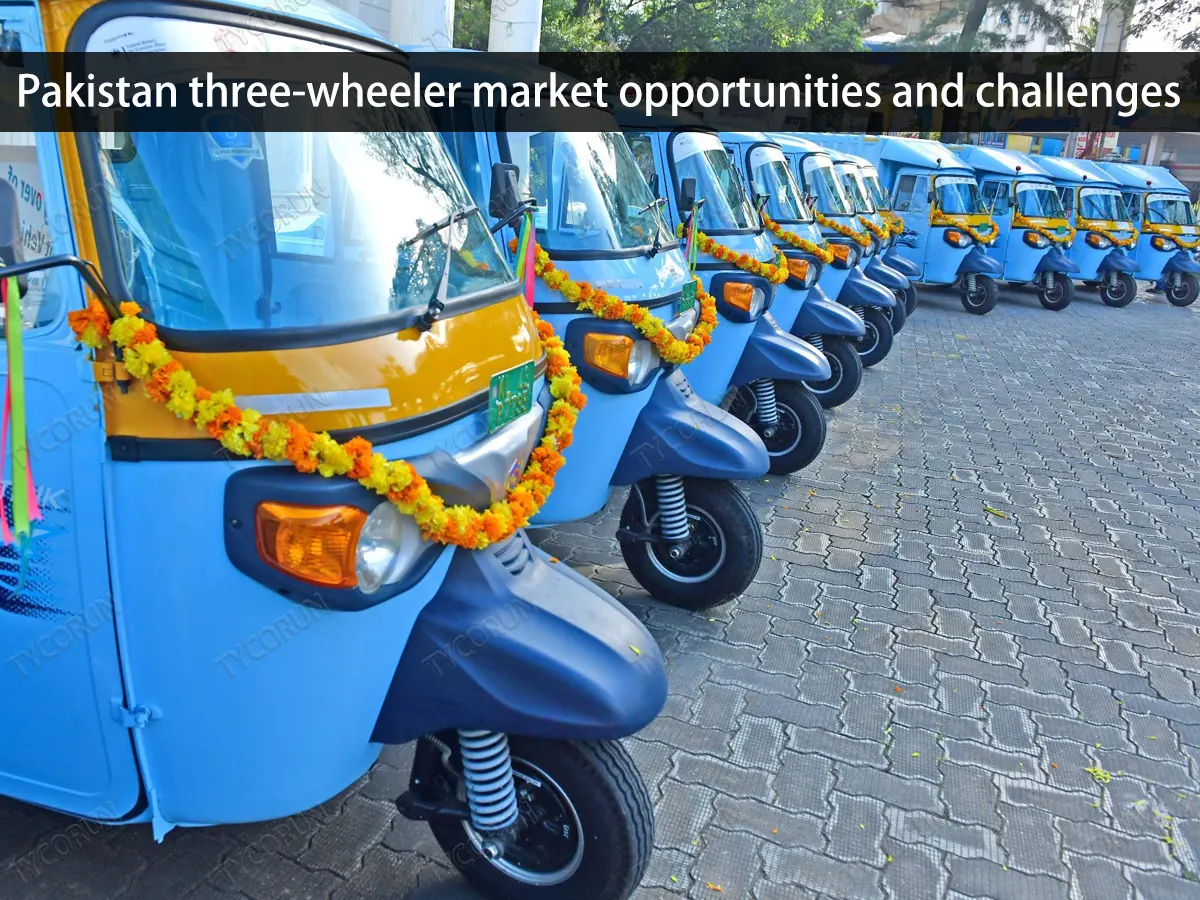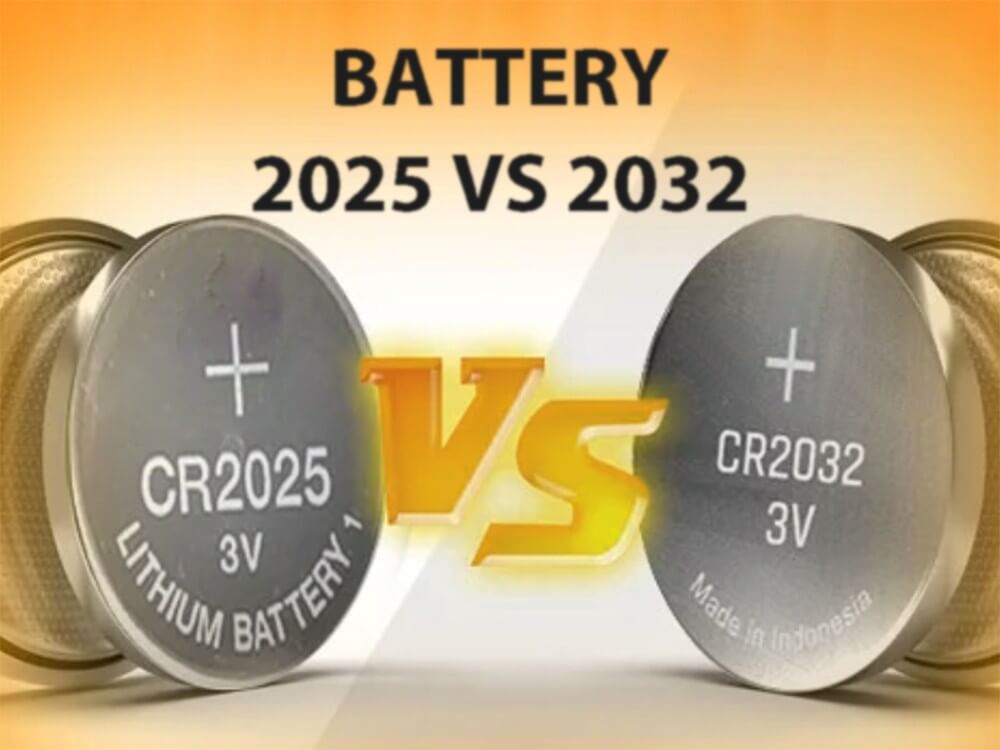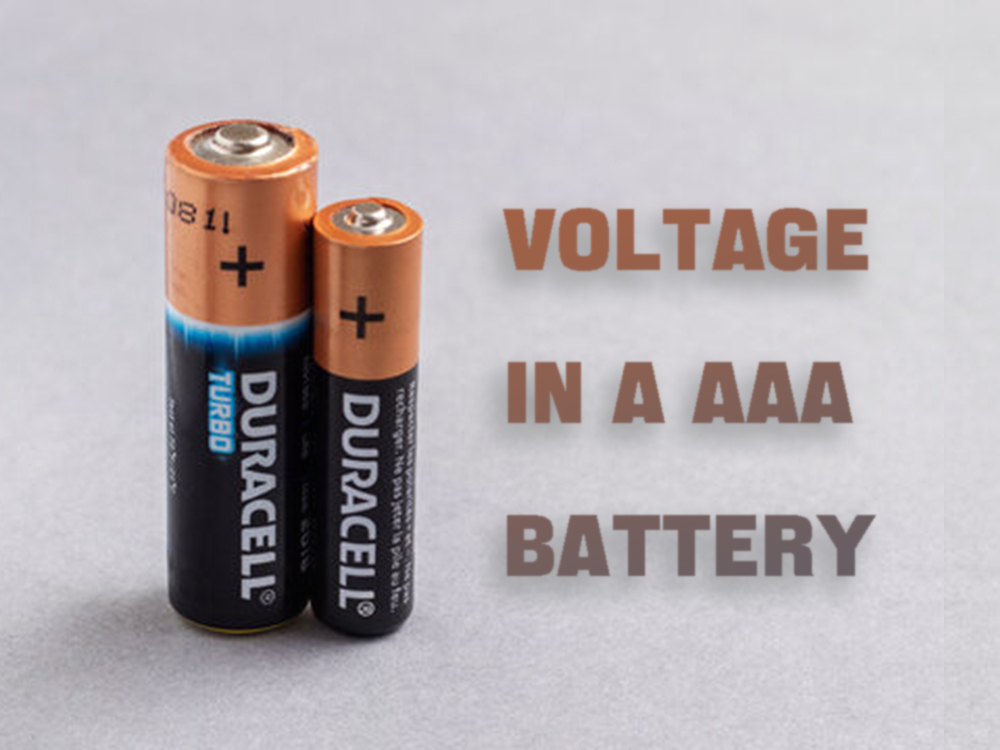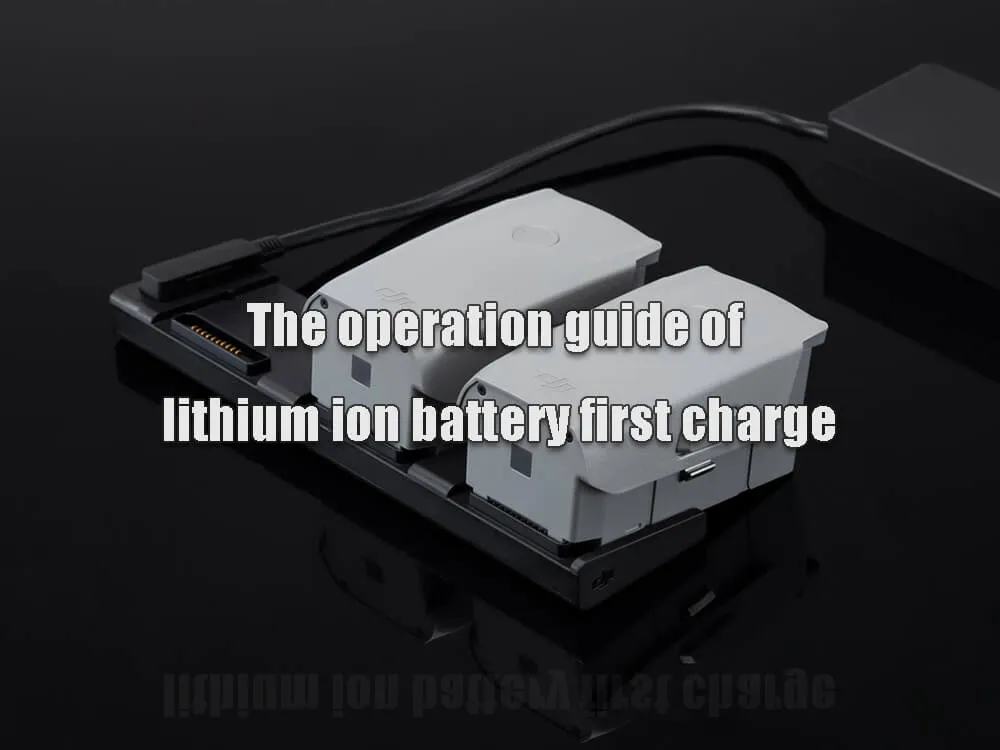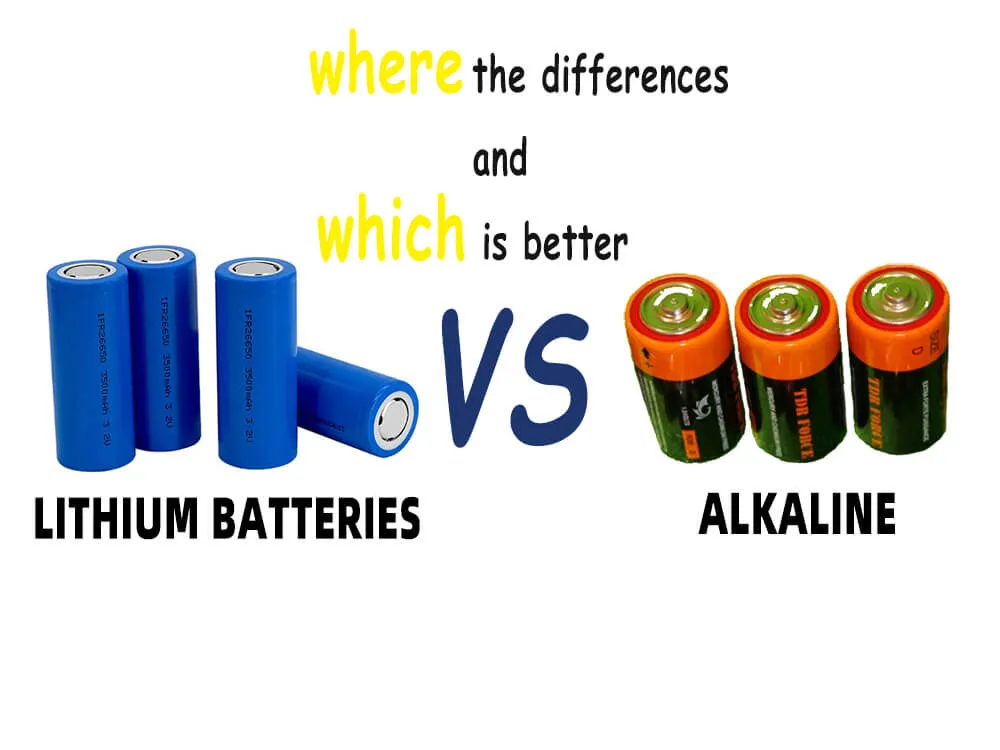12V or 48V lithium battery - who is better for RV

The necessity of RV with lithium battery
The biggest problem for RV is water and electricity. The water problem is relatively easy to solve. Finding water is not so troublesome. The more troublesome thing is the supplement of electricity. Some people say that when traveling in an RV, isn’t it equipped with a portable generator to have electricity at any time? The more troublesome thing about generators is the noise.
It is estimated that it is okay to use the generator during the day, but at night, if you still use the generator to supply power, the accompanying riders will stay away from you. Also, it is troublesome to use the generator. Every time you use it, you have to lift it up and down, and you need to connect it, and you need to keep it a little farther away to reduce the noise.
If the RV is equipped with a certain amount of lithium batteries, it will be relatively better. With lithium battery and inverter, there is almost no sound, and it feels the same as at home. RV lithium iron phosphate battery has the advantages of high efficiency, long life, light weight, and fast charging. Tycorun Energy is a professional manufacturer of lithium-ion batteries. It can customize RV lithium batteries with various capacities and voltage specifications to ensure the stability and safety of RV energy supply.
What capacity lithium battery is suitable for RV?
The capacity of the battery for the RV mainly depends on the total power consumption of the RV. Generally, there are rice cookers, electric water heaters (boiling water), lights, TVs, audio equipment, etc. in RVs, and some RVs are also equipped with air conditioners.
Generally, for RVs without air-conditioning, it is recommended that the battery capacity be equipped with 400ah. For RVs with air-conditioning, it is recommended that the battery capacity is not less than 400ah, and generally 600ah-800ah is better. The above battery capacity is for 12V battery pack voltage.
At present, mainstream self-propelled RVs use battery storage to solve the problem of RV power consumption. According to the voltage standards of batteries and circuits, they can be divided into 12V lithium ion battery and 48V lithium ion battery.
Early RV battery circuits were all 12V. With the development of the electric vehicle industry, 48V has become the standard of the electric vehicle industry, which has led to the evolution of RV circuits from 12V to 48V. Currently, the RV industry is in a situation where 12V and 48V coexist.
RV battery 12V vs 48V – which is better?
So is the RV battery 12V or 48V better? The following will analyze the physical basis of the circuit.
Analysis of line loss and heat generation
Power equals voltage times current, and power dissipation (heat generation) equals current squared times resistance. When the power is constant, the current of the 12V line is 4 times that of the 48V line. Under the same resistance, the power consumption and heat generation of the 12V line are 16 times that of the 48V line.
When designing, it is very safe to control the heat generation of the 48V battery to 1/4 of the heat generation of the 12V battery, so the resistance can be enlarged by 4 times. If the heat of the line is reduced by 3/4, the cross-sectional area of the line is 1/4 of that of the 12V circuit. The 48V RV circuit usually uses a 4 square main line, and the 12V RV circuit needs to use a 16 square main line to meet safety standards.
It can be seen that the current of the 12V RV battery circuit is much larger than that of the 48V battery circuit. If the current is large, the loss will be large, the heat will be more serious, and the risk of circuit fire will be greater. Therefore, 48V circuits are safer, which is why electric vehicles use 48V battery.
Charging and circuit safety analysis
In the traditional 12V RV power system, the generator directly generates electricity to charge the starter battery. The RV 12V energy storage battery is connected in parallel to the starting battery through an isolator. The control logic of the double battery isolator is:
When the motor is successfully ignited and the starting battery voltage is greater than 14V, the isolator is closed and the RV energy storage battery enters the charging state. At this time, the charging current changes back and forth with the motor speed between 30-150A, which is already a very exaggerated current. When the RV keeps at high speed for a long time, the charging current will be stable at 120-150A, which puts high demands on the charging circuit system of the whole vehicle.
What is the concept of 120A current? In life, the common bull plug-in strip has a current of 10A, and the wires are already relatively thick. If you want to safely pass the 120A current, you need to use a cable with a fairly large cross-sectional area. All cable ends must undergo special treatment, and all switches, fuses, and contactors on the circuit must use high-current specifications, which undoubtedly brings more complicated circuits and higher installation and maintenance costs.
When we switch to a 48V energy storage battery system, everything becomes simpler. The charging current of the generator passes through the boost system, which directly replaces the double battery isolator, and the circuit is simpler and more reliable. The actual charging current will not exceed 30A. Our common air switch can be used for the contactor and insurance. If it breaks, it is easy to handle, and you can buy it at a hardware store.
In addition, the higher the charging voltage, the higher the charging efficiency. The charging efficiency of 48V driving is much higher than that of 12V. The unique driving charger for 48V RV battery can fully charge the lithium battery. Due to the high charging voltage, the 48V circuit RV equipped with solar panels has higher charging efficiency.
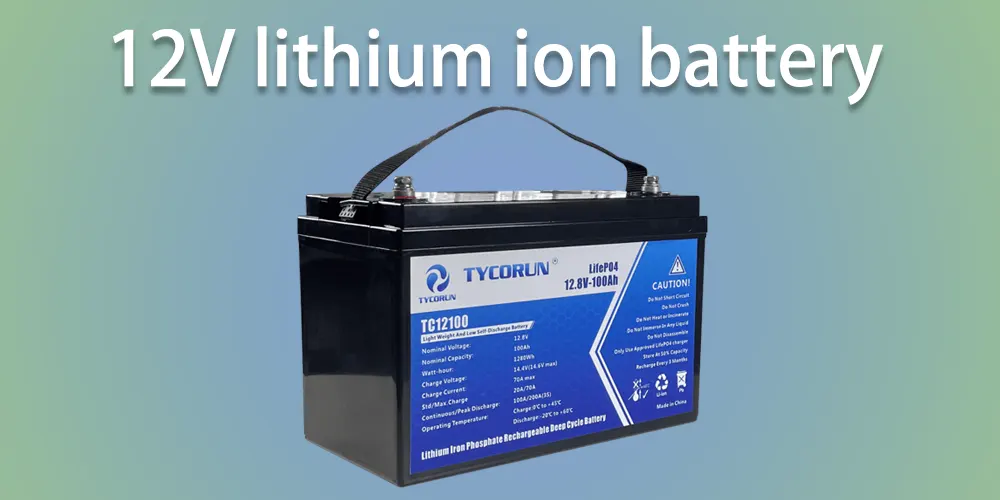
Discharge and circuit safety analysis
The problem during discharge is even more prominent. Car enthusiasts know that it is difficult to use the air conditioner + kettle at the same time when the RV with the traditional 12V lithium ion battery system is using electricity. However, after switching to a 48V energy storage battery system, even with a fully loaded 3kW electrical appliance, there is no pressure on the circuit at all.
RVs with 48V batteries, hot water kettles, induction cookers and other high-power electrical equipment can be used normally without external power, but 12V batteries cannot do it at all. Now, more and more areas prohibit carrying gas tanks with cars, cooking outdoors is a big problem, and 48V batteries do not have this problem.
Conclusion
In summary, the advantage of upgrading the RV battery system to a 48V battery system is very obvious. Regardless of the overall efficiency, safety, reliability and life of the system, it is much higher than the 12V battery system. Therefore, the 48V battery system is the general trend of the RV circuit.



